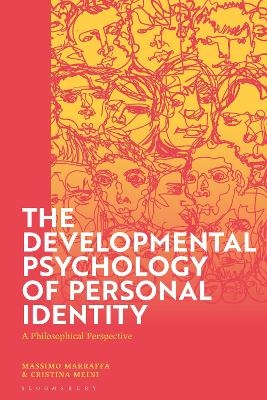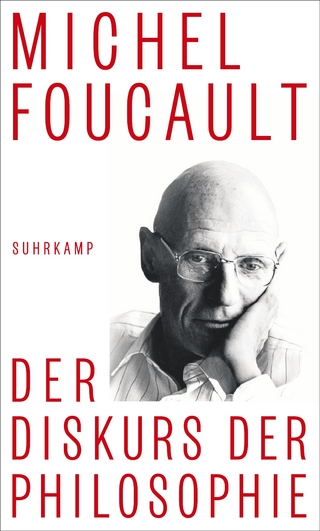
The Developmental Psychology of Personal Identity
Bloomsbury Academic (Verlag)
978-1-350-36903-0 (ISBN)
- Noch nicht erschienen (ca. September 2025)
- Versandkostenfrei innerhalb Deutschlands
- Auch auf Rechnung
- Verfügbarkeit in der Filiale vor Ort prüfen
- Artikel merken
The Developmental Psychology of Personal Identity builds on Chomsky-inspired developmental psychology, Jean Piaget’s constructivism, Lev Vygotskij’s sociocultural perspective on development and John Bowlby’s attachment theory. In this theoretical framework, the book draws on the data of the psychological sciences to reconstruct the trajectory of the self as a ‘Lockean person’ (i.e., as morally responsible agent). The authors link the birth of self-consciousness through the body and emotions to the construction of a narrative self. Their combination of philosophy and cognitive sciences makes an important contribution to multiple disciplines concerned with personal identity. It provokes new routes to understanding identity and self, autobiographical memory, and personality.
Massimo Marraffa is Professor, Department of Philosophy, Communication and Performing Arts, is Professor, Department of Philosophy, Communication and Performing Arts, Roma Tre University, Italy. Cristina Meini is Professor, University of Eastern Piedmont, Vercelli, Italy.
Introduction: Locke, James and Subjective Identity
1. The toolbox
1.1. The Jamesian Self in the Framework of Darwinian Naturalism
1.2. From the Hobbesian Individual to the Mother-Child Dyad
1.3. In search of a synthesis between individual constructivism and sociocultural constructivism
2. Self-consciousness in its simplest form: the perception of a physical identity
2.1. The initial state: sensitivity to contingency
2.2. Ecological self and pre-reflective self-consciousness
2.3. The link between self-consciousness and identity
2.4. Bodily self-consciousness
3. The recipe for emotional introspection
3.1. Emotions in the body
3.2. A socio-constructivist model of emotional introspection
3.3. Basic emotions and affect programs
3.4. Forms of vitality
3.5. Core affect and the process of emotion construction
3.6. Forms of vitality and background feelings
3.7. Beyond emotions: simple desires
3.8. What about beliefs?
4. Naïve psychology
4.1. Attachment and mindreading
4.2. Naïve psychology: the early stage
4.3. Naïve psychology: mindreading
4.4. Concluding remarks
5. Expanding introspective space
5.1. The self/other parity
5.2. Inner sense theories
5.3. Sensory access and self-interpretation
5.4. Turning our mindreading skills upon ourselves I: inner speech
5.5. Turning our mindreading skills upon ourselves II: naïve ethics
6. Subjective identity as a unifying and meaningful story
6.1. Identity and memory
6.2. From a bodily self in time to a psychological one
6.3. Narrative identity
6.4. Dissociation of the Jamesian selves
7. The defensive nature of self-consciousness
7.1. A clarification regarding the psychodynamics of defenses
7.2. The construction and defense of identity is the cornerstone of the development of the entire existence of the individual
7.3. Building and defending a strong sense of identity as the foundation of psychological well-being and mental health
7.4. Self-memory system, inner working models and autobiographical arguments
7.5. Individuation and eudaimonia
Conclusions
References
Index
| Erscheint lt. Verlag | 18.9.2025 |
|---|---|
| Verlagsort | London |
| Sprache | englisch |
| Maße | 156 x 234 mm |
| Themenwelt | Geisteswissenschaften ► Philosophie ► Philosophie der Neuzeit |
| Geisteswissenschaften ► Psychologie ► Allgemeine Psychologie | |
| Geisteswissenschaften ► Psychologie ► Verhaltenstherapie | |
| Naturwissenschaften ► Biologie ► Humanbiologie | |
| Naturwissenschaften ► Biologie ► Zoologie | |
| ISBN-10 | 1-350-36903-9 / 1350369039 |
| ISBN-13 | 978-1-350-36903-0 / 9781350369030 |
| Zustand | Neuware |
| Informationen gemäß Produktsicherheitsverordnung (GPSR) | |
| Haben Sie eine Frage zum Produkt? |
aus dem Bereich


